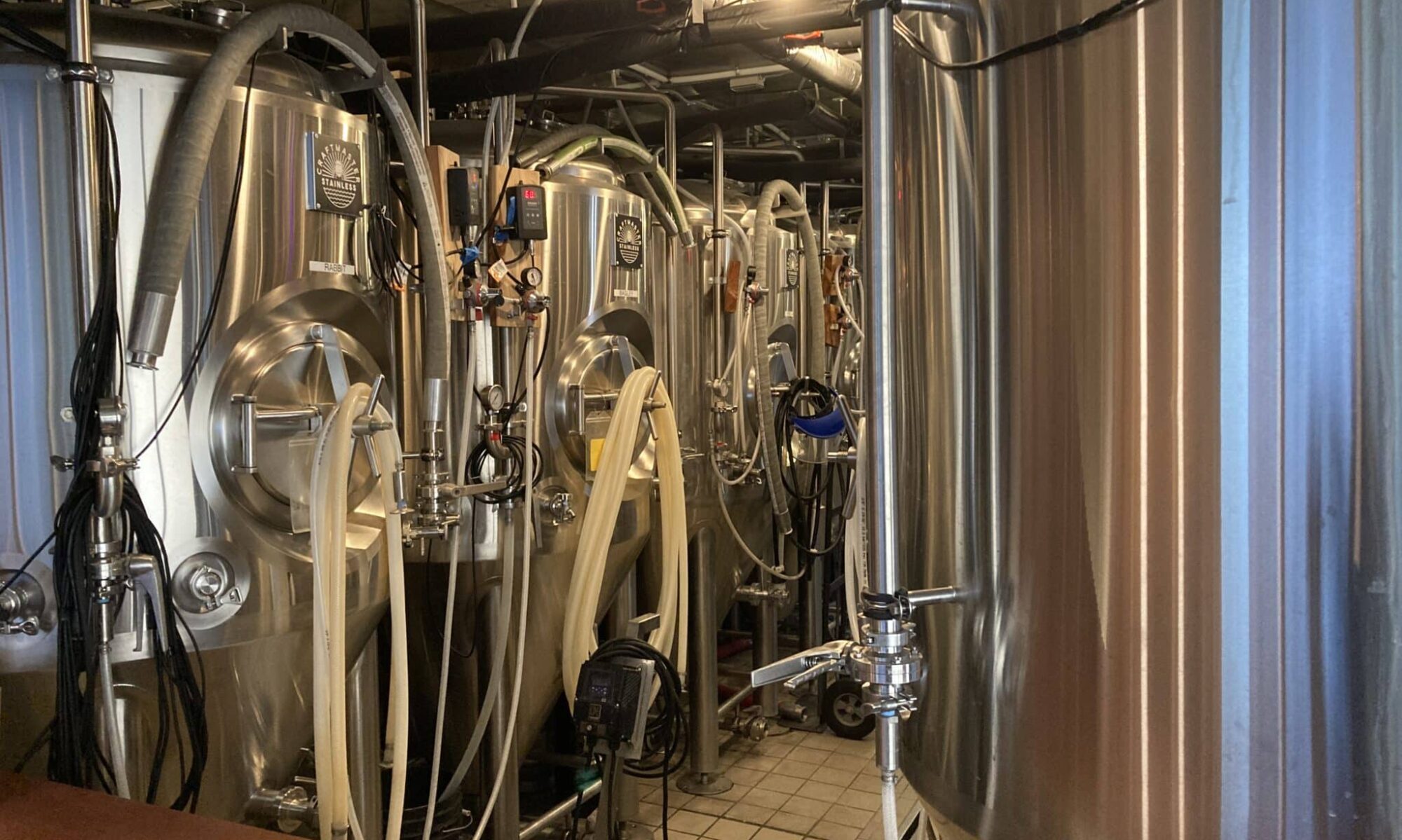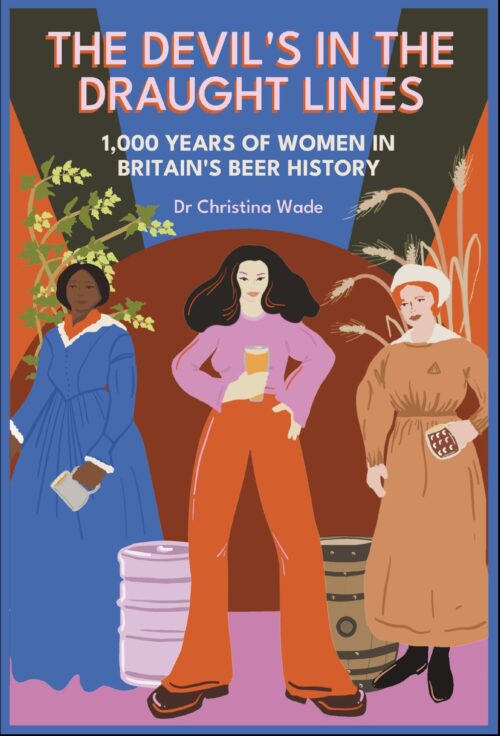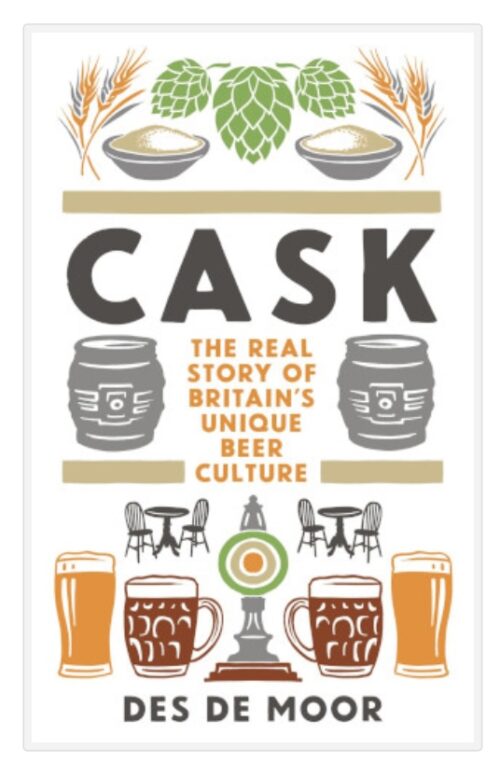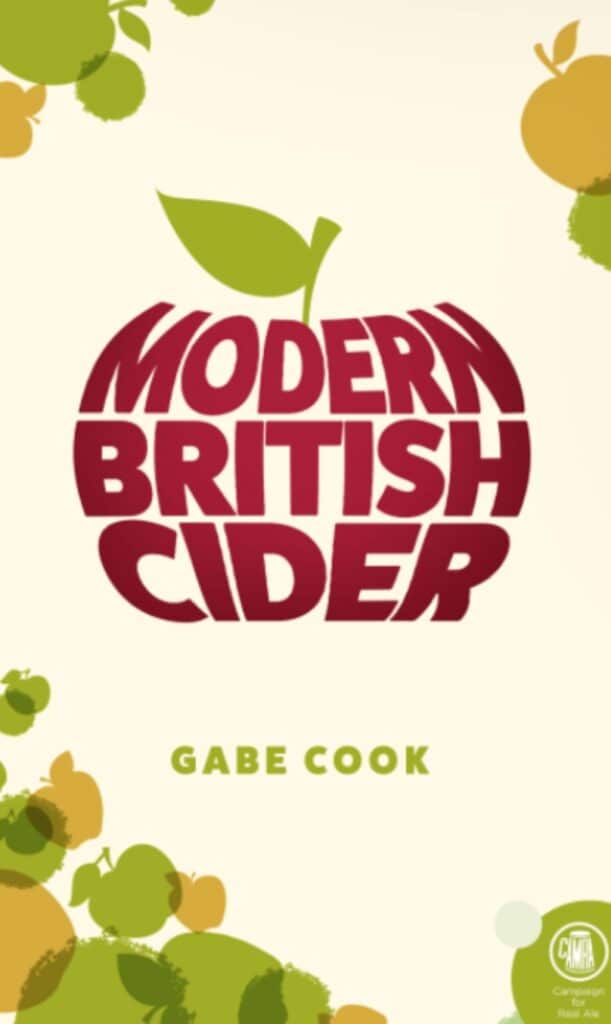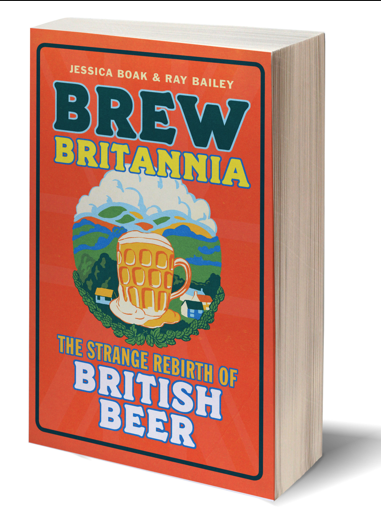Here is another BSP, read THIS first, then come back to what my humble opinion is….
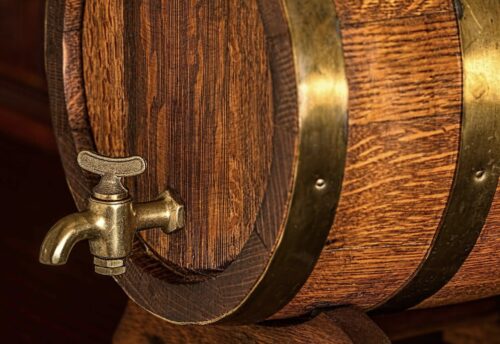
….OK, now that you are armed with the latest on cask ales, I would like to add my two cents (depending upon inflation) on the matter.
First, I am a fan of cask ale and I think it is is important that it does not become a museum piece. But in 2024, looking back, even when craft beer was roaring, it was an oddity, much in the way I think side pour faucets are. At least, here in the states, brewers are not welded to moldy cellars and no aspirators and can present a product that is consistent at whatever quality level it is at.
The U.S. problem is simply that the styles most suited or traditional in that dispense are just not best sellers and most American breweries would probably make more money buying a slushie machine or Micehelada mix instead.
The British have the extra problem of staying in traditional boundaries of CAMRA whilst also absorbing the extra cost in people power and spoilt beer.
Not an enviable position to be in.
We can wait for the next generation of drinkers to throw off more drinking shackles of their parents and grandparents and then rediscover cask as a minor rebellion or lean into gimmicky beers in cask or get more casks into taprooms and beer bars so that they are at the very least seen as part of the beer scene.
This will need to be driven from the brewery side though because I do not see a cask ale groundswell coming.
